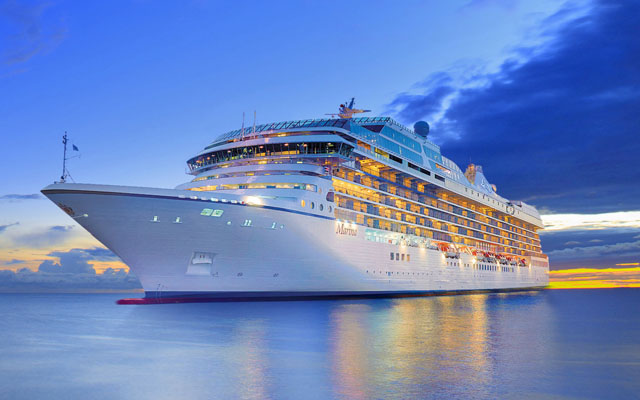Targeting the backpacker segment may be an effective means to meet the “urgent need” of diversifying Hong Kong’s tourism market and promoting sustainable tourism, a recent study suggests.
Wantanee Suntikul, Denis Tolkach, Elizabeth Agyeiwaah and Ching-Nok Lung of the School of Hotel and Tourism Management (SHTM) at The Hong Kong Polytechnic University noted that even though Hong Kong has a reputation for “grand infrastructure projects, commercial attractions and shopping”, the backpacker market is interested in supporting small local businesses, shopping in local markets, and visiting cultural and natural attractions.

Consequently, creating diversity in the tourism market by targeting this group could lead to “a high propensity for cultural exchange and environmental preservation”.
Until very recently, Hong Kong’s tourism market was dominated by continual growth in the number of mainland Chinese tourists, who were “predominantly interested in shopping”. However, this trend has been reversed in the past few years, as the number of mainland visitors dropped from a peak of 47.2 million in 2014 to 40.3 million in 2016. Potential reasons for this change include “local residents’ resentment towards shopping tourism”, especially parallel trading, in which goods are transported from Hong Kong to mainland China for resale, and the general economic downturn.
Whatever the reasons, the researchers stress that there is an “urgent need for Hong Kong to diversify its tourism offerings”, and the backpacker market presents one such opportunity.
Generally, the researchers surmise that because backpackers spend longer in destinations, their overall spending tends to be higher than that of other tourist groups. They also often visit more remote districts and use local services, thus spreading their expenditure throughout the local economy.
More specifically, “unique local food” is one of the main motivations of backpackers surveyed in this study. According to the researchers, the desire to experience local food is not generally associated with backpackers’ travel motivations. This, they say, is an important finding because it differentiates backpackers in Hong Kong from those in other destinations and indicates a means of attracting this group of travellers.
Food as a pull factor not only “serves as a source of employment and income for local food providers and indirectly for local farmers”, but also offers opportunities for cultural exchange between travellers and host communities.
One of the Hong Kong-specific features identified by the study is the preference for local street markets. The researchers highlight this as “indicative of how Hong Kong’s existing attractions could be capitalised on”, because backpackers are more interested in exploring the unique features of a destination, which does not require any additional infrastructure.
Another important element of the contribution backpackers make to Hong Kong is the extent to which they contribute to the development of sustainable tourism. Backpackers generally show high sensitivity toward promoting sustainability and concern for the environment and local culture.
The backpackers interviewed in Hong Kong endorsed these values. For instance, they were much more likely to buy products from local shops than from international brands, thus supporting local employment at the destination. They also contributed to sustainable tourism by supporting local activities, such as participating in cultural workshops and other culture-related activities, and interacting with village residents. As the researchers note, the point of sustainable tourism is to enhance the positive effects on destinations, and this is “exactly what backpackers in Hong Kong are likely to do while enjoying their trip”.
Similar to backpackers elsewhere, the majority of respondents preferred to stay in youth hostels, although they differed in the “elements and qualities” that they expected. “Friendly local staff” was the most important accommodation feature, along with areas for meeting new friends. As the researchers note, these features fit well with backpackers’ desire to learn new things, as friendly local staff “provide an environment for interaction and local knowledge”, and this is complemented by the opportunity to make new friends.
In this study, the researchers surveyed backpackers staying at seven youth hostels in Hong Kong, who made up 90% of the sample, and respondents taking part in outdoor activities such as hiking on the MacLehose Trail and Dragon’s Back Trail, who made up the remaining 10%.
More than 60% of the respondents were independent female travellers in their 20s. Almost 80% came from North America, Australia or Europe, and just over 20% from Asia. Their average length of stay in Hong Kong was a week or less, and they spent around US$46-86 per day.




















